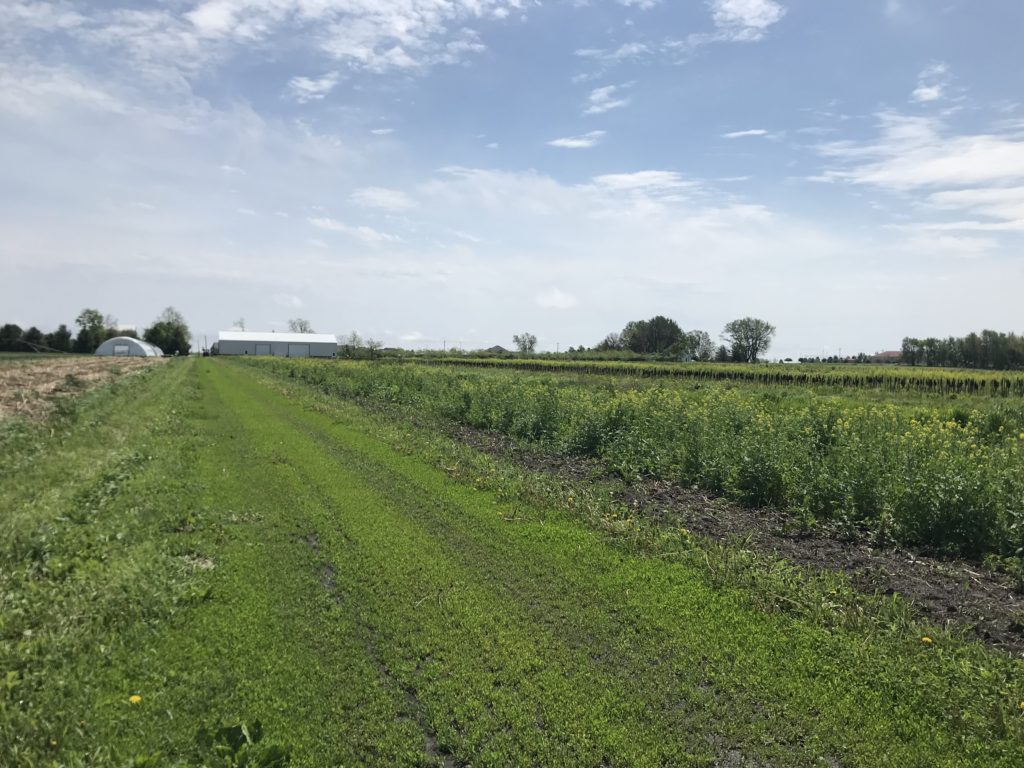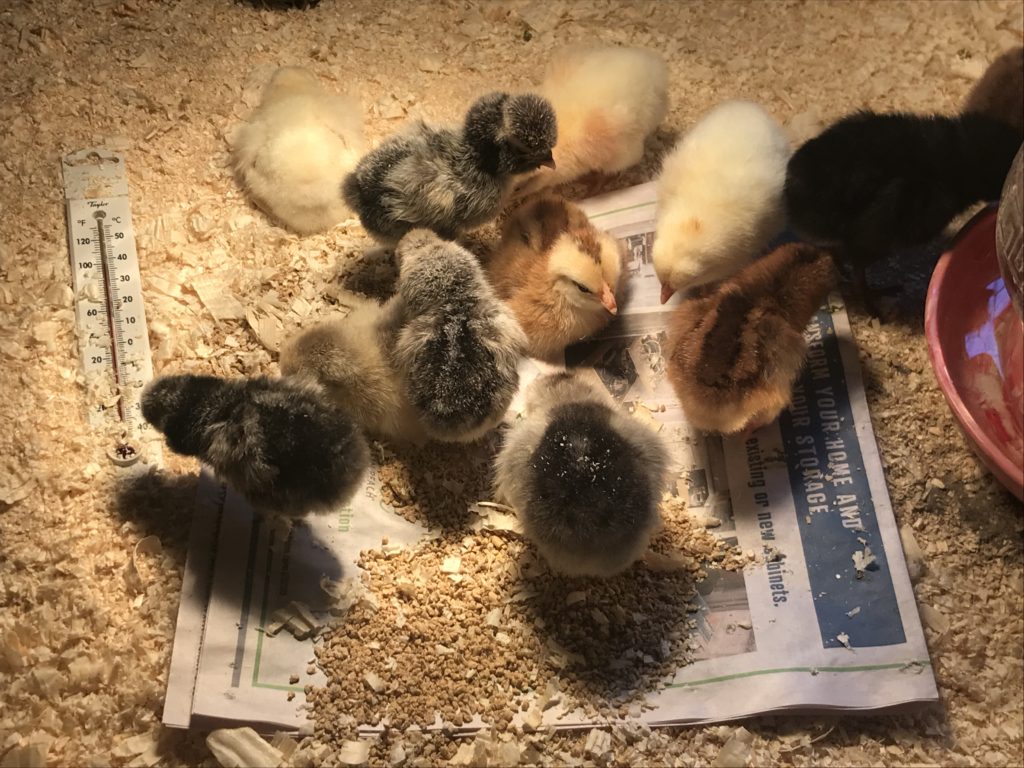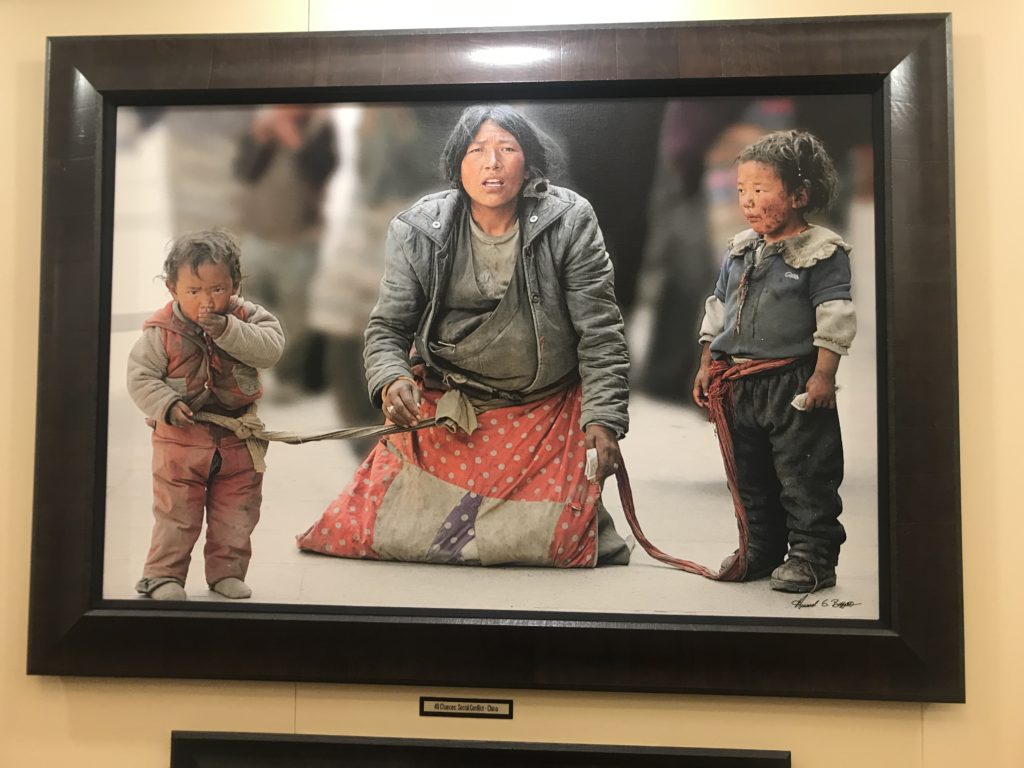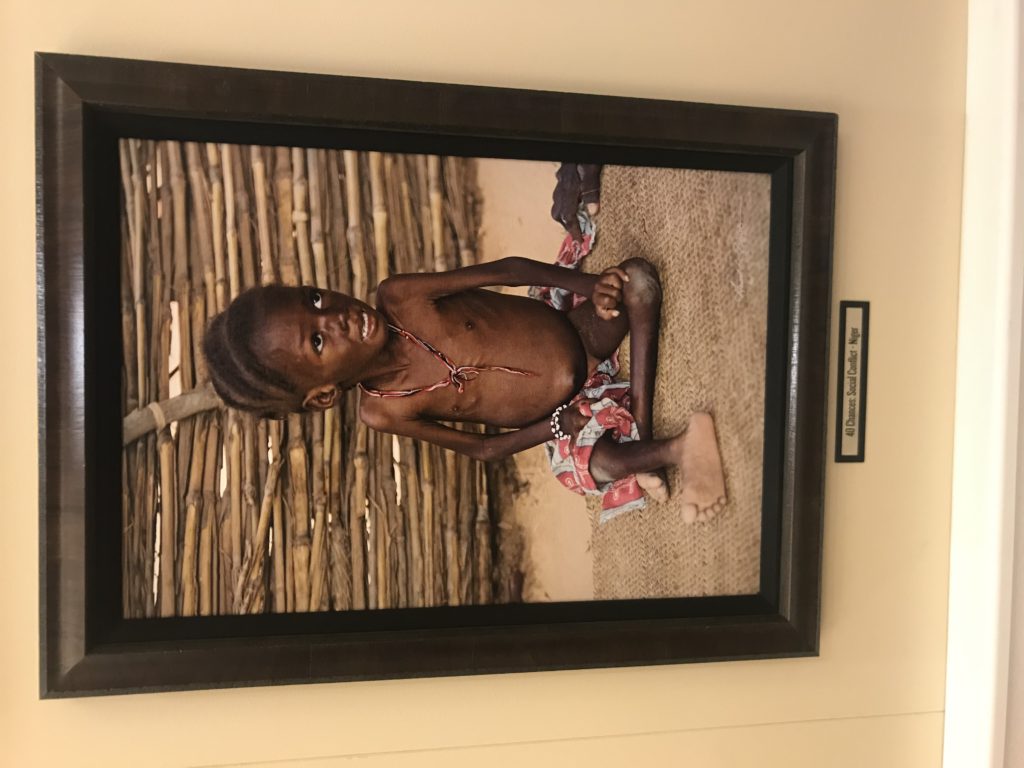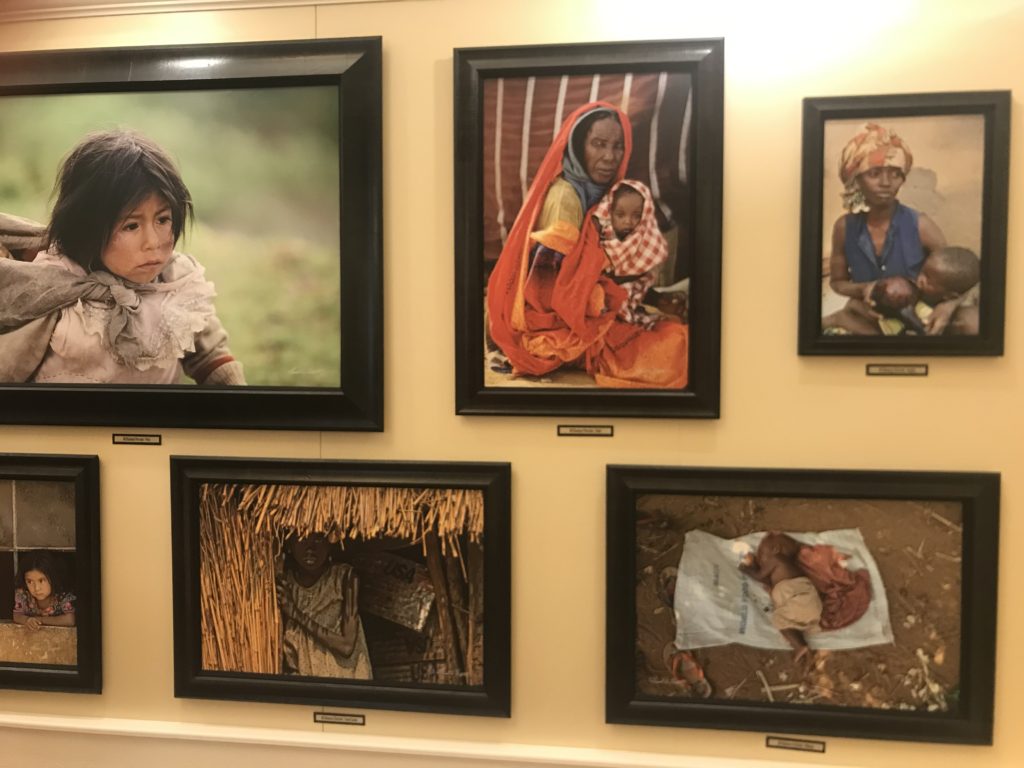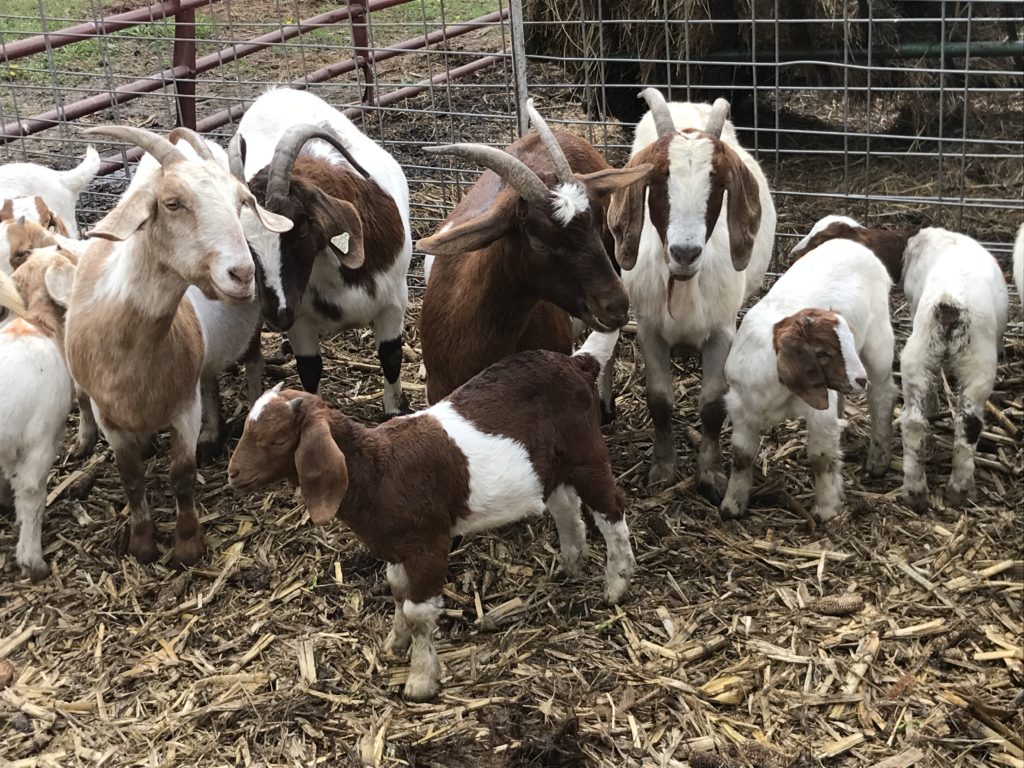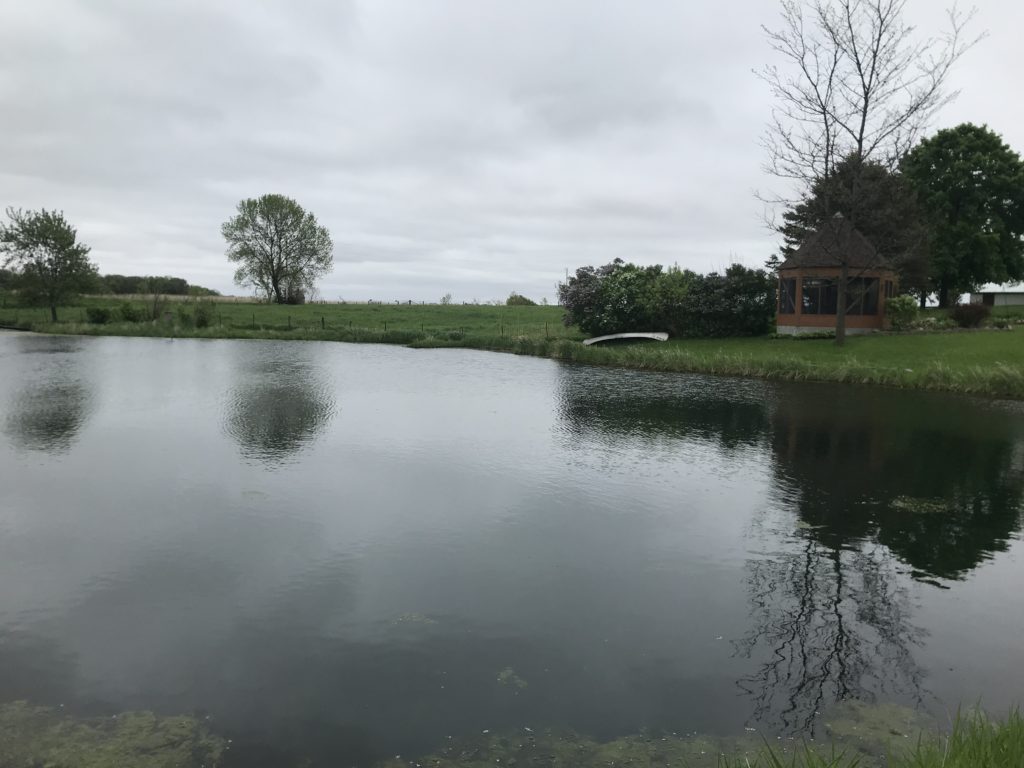My favorite part of Monday was meeting with Dr. Franklin. Dr. Franklin is the president of Des Moines University in downtown Des Moines. She is also a Furman graduate! It was so cool to hear how her journey from being a psychology major at Furman led to her being the president of a university. As I currently work in admissions, I have thought quite a bit about pursuing a job in a college’s admissions department and it was interesting to hear her journey from working as a professor, a psychologist and a college admin to becoming the president of a university. It made me reflect on all the possibilities for me after I leave Furman. I also liked hearing what she missed most about Furman and what her best memories were. She talked about taking walks around the lake with girlfriends and that whenever she goes back, she tries to take a walk around the lake. Hearing her talk about her love for Furman and the ways in which Furman has influenced her made me think about the ways in which Furman is affectin me and how things like this May experience will stay with me forever.
Earlier in the day we visited Corteva Agriscience. Corteva is essentially just a variation of Monsanto, they do the same things just under a different name. I found that the people we spoke to tip-toed around issues and never gave very direct answers. Their real agenda seemed cloaked and it felt like they were hiding behind the rhetoric of ‘moving into a better future’ and ‘new technology’ and ‘ending world hunger.’ In reality I believe they are a corporation that is monopolizing the seed industry and taking a us to a place that will be very hard to return from. Pesticide drift, price markets and other such variables force competitors out of the market and leave only the large GMO operations standing.

